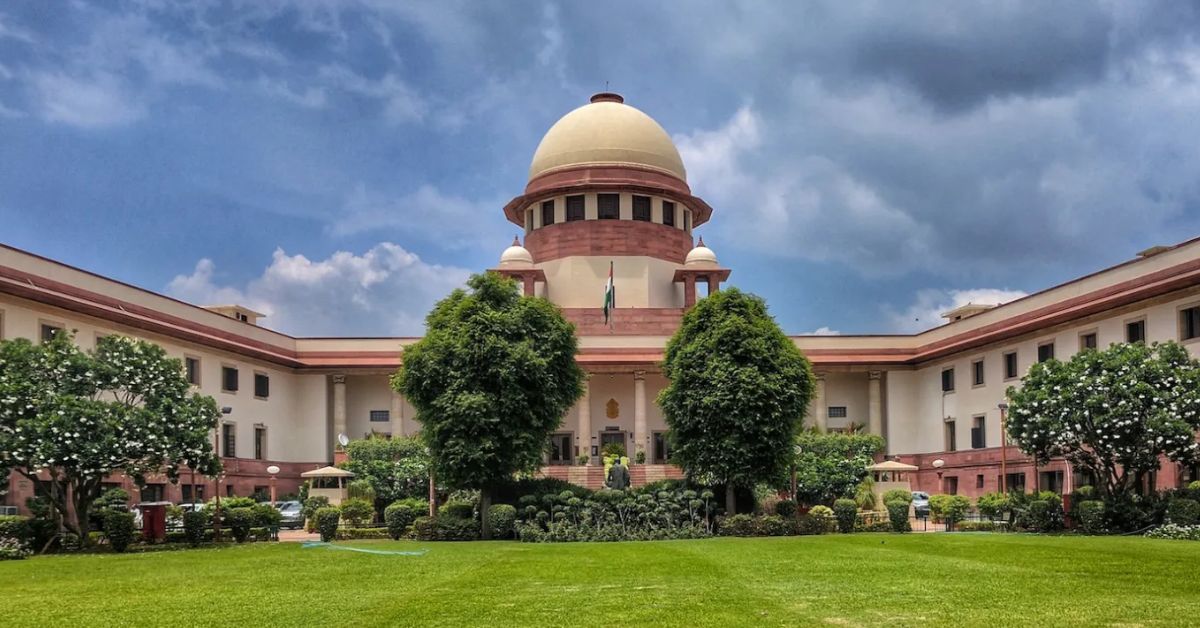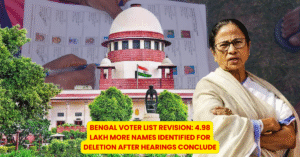The Supreme Court of India will announce its verdict on Friday regarding whether Aligarh Muslim University (AMU) qualifies as a minority institution under Article 30 of the Indian Constitution. This provision allows religious and linguistic minorities to establish and manage their educational institutions. Chief Justice D.Y. Chandrachud leads a seven-judge constitution bench, which also includes Justices Sanjiv Khanna, Surya Kant, J.B. Pardiwala, Dipankar Datta, Manoj Misra, and Satish Chandra Sharma.
The decision follows extensive hearings in February, during which the court examined the 1981 amendment to the AMU Act. While this amendment sought to secure AMU’s minority status, the bench noted it did not fully restore the institution’s position as it was before 1951, when a significant amendment changed its educational mandate. Originally established in 1875 as Muhammadan Anglo-Oriental College, AMU has undergone multiple transformations, including its 1920 charter under British rule and later amendments, sparking a longstanding debate on its minority character.
Arguments in favor of AMU’s minority status emphasized its historical foundation by Muslim leaders led by Sir Syed Ahmed Khan, while those opposing argued that its classification as a centrally funded institution compromised its religious designation. The Allahabad High Court had previously ruled against AMU’s minority status, a decision now under review by the Supreme Court in response to multiple appeals. The outcome of the court’s verdict on November 8 could provide a landmark interpretation of minority rights and university governance in India.






